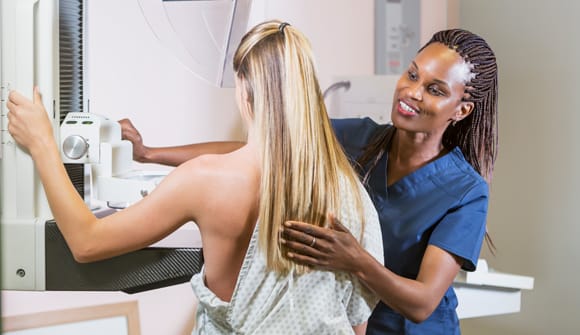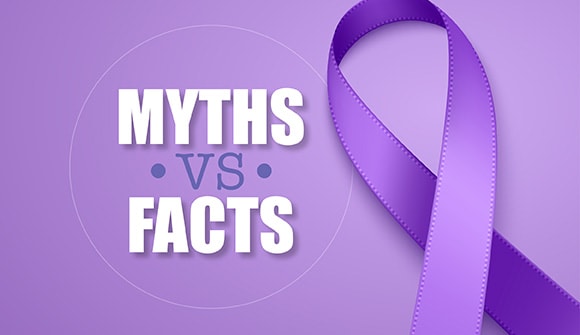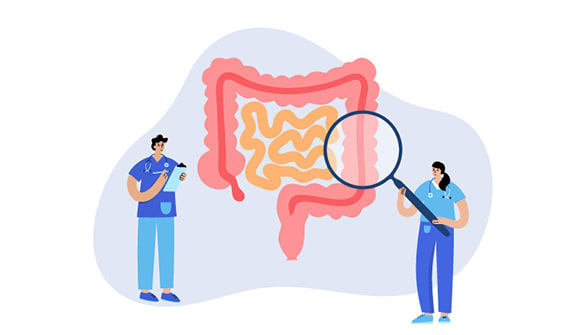Cancer rates rising in younger women
Risk factors and possible reasons for the startling new statistics.
Article Author: Juliette Allen
Article Date:

At an age when previous generations were in their health prime, women under 50 today are increasingly battling a formidable foe: cancer.
According to a new report from the American Cancer Society, cancer rates are 82% higher in women than men under 50. Breast, colorectal, gastric, kidney and liver cancers are among the diseases with rising frequency in younger adults.
“I think it validated a concern that we’ve been seeing in our clinic at Baptist MD Anderson Cancer Center,” said Dayra Avila-Lima, MD, a breast medical oncologist with Baptist MD Anderson. “We see young patients very often. When I think about how it was about 10 years ago, I don’t recall seeing as many young women as I am now.”
Breast cancer in women under 50
According to the American Cancer Society report, invasive breast cancer diagnoses in women have been on the rise since the mid-2000s. From 2012 to 2021, the overall rate increased by 1% each year, but in women under 50 specifically, the increase was 1.4%.
“I would say it’s not uncommon now to see patients in their early 30s or early 40s with breast cancer,” Dr. Avila-Lima said.
The question is, why are Generation X and millennial women getting cancer at higher rates than their baby boomer predecessors?
Dr. Avila-Lima said that while there’s no conclusive answer, she suspected that factors including diets high in ultra-processed foods and sedentary lifestyles may play a role.
The American Cancer Society report also pointed to modifiable lifestyle factors, saying at least 50% of newly diagnosed cancers (excluding nonmelanoma skin cancer) can be linked to:
- Cigarette smoking
- Alcohol consumption
- Excess body weight
Additionally, specifically for breast and endometrial cancers, there may be a hormonal component; giving birth after age 30 or not at all are risk factors, while breastfeeding for one or more years decreases risk.
3 tips to reduce your cancer risk
While the rising rates are startling, Dr. Avila-Lima emphasized there are three things you can do reduce the controllable cancer risk factors:
- Eat a diet high in fruit, vegetables, whole grains and fiber. Limit consumption of ultra-processed foods, alcohol and smoking.
- Do at least 150 minutes of low- or moderate-intensity exercise each week.
- Get all age-recommended preventive screenings, which may include a mammogram, colonoscopy, lung screening and more.
“These screenings are absolutely vital because the earlier you diagnose someone, the better the outcome. And not only that, but a person may also need less treatment because the disease is at a less advanced stage,” Dr. Avila-Lima said.
She added, “It’s also important to know your family health history so you can evaluate your individual risk. There’s no need to panic, but this report can serve as a wake-up call for us to be mindful of the risk factors we can control.”
A primary care physician can help discuss your individual cancer risk factors and determine which screenings are right for you at every stage of life. To find the right provider for you and your family, call 904.202.4YOU (4968) or fill out the appointment request form.
Source: American Cancer Society “Cancer Facts & Figures 2025” report



